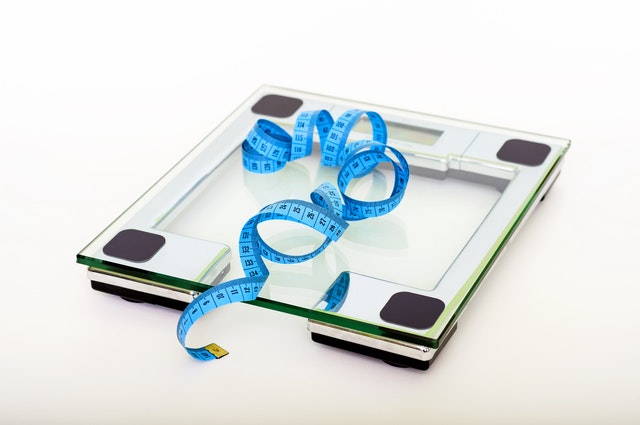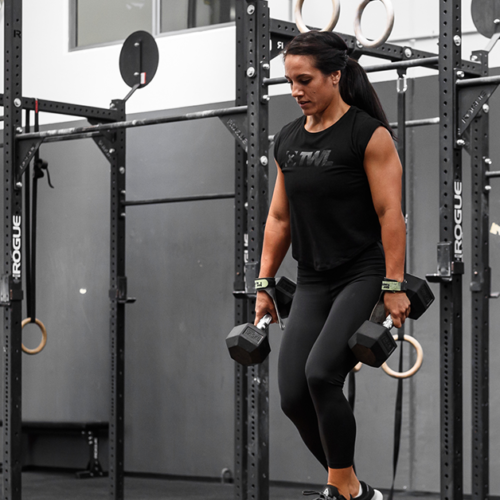Keto. It wasn’t always “a thing,” but you can certainly say that it is now. Over the last several years, it’s absolutely exploded, becoming one of the go-to diets for people looking to elevate their nutrition and wellness. However, some question its efficacy — and furthermore, its safety. Is the ketogenic diet safe? Let’s take a closer look.
The aim of this article is to present the facts. While many things have not yet been proven, here’s what science says so far.
What is the Ketogenic Diet?
First, to make sure we’re all on the same page, let’s define the keto diet. Put very simply, it’s high in fat and low in carbs. There are many ways to go keto, but for the sake of this blog, we’re not going to explore this avenue further. Instead, we’re going to look more broadly at the potential benefits and drawbacks of significantly reducing your carbs and increasing your fats.
Psst! If you want to learn more about the three macronutrients, read our blog on flexible dieting.
By drastically lowering your carbs — your body’s main source of energy — you’re forcing it to instead fuel itself with fats. This is called ketosis. It’s the process where your body burns fat and produces ketones, which you can then use for fuel.
Importantly, note that the keto diet started as a medical treatment, whereas these days, it’s become known (perhaps negatively so) as a weight loss diet.

But Wait, is the Ketogenic Diet Safe?
We want to be very clear: Most diets and nutrition plans have potential pros and cons. We also want to point out that what works for one person won’t necessarily work for the next. So, you need to find a diet that fits you and your needs. Speak with a reputable nutritionist, dietician, or medical professional before making any extreme changes!
The Possible Benefits of Keto
Research is ongoing, and more information is needed. However, some studies have suggested that following a ketogenic diet could help in the fight against type 2 diabetes, epilepsy, cancer therapy, and neurodegenerative disorders, like Alzheimer’s. It might also help you fight acne, improve your heart health, and alleviate the symptoms of PCOS (polycystic ovary syndrome).
There are also plenty of people who will tell you that they indeed lost weight while eating keto. Could this be the case? Absolutely! But we’d like to point out that in general, if you start eating healthier and become more mindful of how you’re fueling your body, you will very likely lose weight — regardless of which diet you’re following.
Lastly, we’d be remiss if we didn’t acknowledge the people who enjoy going keto simply because this is how they prefer to eat. Preferences matter, and finding a diet that feels good is important to call out.
But, like we said, there are pros and cons to almost every diet, so let’s keep going.
The Downsides of the Ketogenic Diet
If keto sounds extreme, it’s because, well, it kind of is. Your entire body is used to running largely on carbs. While protein and fat are also vital, carbs are the powerhouse. When you go and switch that up, havoc can ensue.
We’re talking about nutrient deficiencies, liver problems (because it’s challenging for them to process all the fat), kidney problems (due to higher levels of protein to metabolize), constipation (because of less fiber in the diet), imbalances with your gut bacteria, lower bone mineral density, and cognitive/emotional issues (since the brain is powered by carbs).
Some people on the keto diet also report headaches and extreme fatigue.
Furthermore, we must consider sustainability. The reason why so many diets don’t work is that they’re very difficult to stick to. Is it reasonable to expect yourself to eat very limited carbs every day for the foreseeable future? Probably not. This means if you’re doing it specifically to lose weight, that’s probably the wrong reason. As soon as you stop keto, you’re likely to gain all the weight back.

With so many possible positives and negatives, what’s the verdict? Well, we ask you this:
Why are You Considering Trying the Ketogenic Diet?
Again, if you’re trying to lose fat, you don’t need to go keto. In fact, you probably shouldn’t. Going keto for the sake of losing weight is not unlike crash dieting, and you probably already know that crash diets don’t work. Instead, focus on nourishing yourself with the appropriate amounts of carbs, fat, and protein, stay active, and get plenty of sleep.
And certainly, do not be swayed by social media influencers who claim keto is the miracle cure for all your problems. There is no magic trick when it comes to elevating your health. It takes time, patience, hard work, and a little trial and error. But you likely shouldn’t be severely reducing any single macronutrient — your body needs all three!
If the keto diet is something that your doctor has prescribed, that’s another story entirely. This is a personal decision that needs to be made between you and them.
Again, we also want to ask you this: What will make you feel good and happy? If you’re eating things you enjoy, then you’re on a diet plan you’ll be able to stick to, and consistency is key. Also, you can eat keto snacks without being keto, if that brings you joy! However, if you feel deprived because you’ve almost cut out an entire food group… how fun is that?
If you’re at all unsure — which is totally understandable! — talk to a professional you trust. Learn more of the details before you make the call. You got this!

















